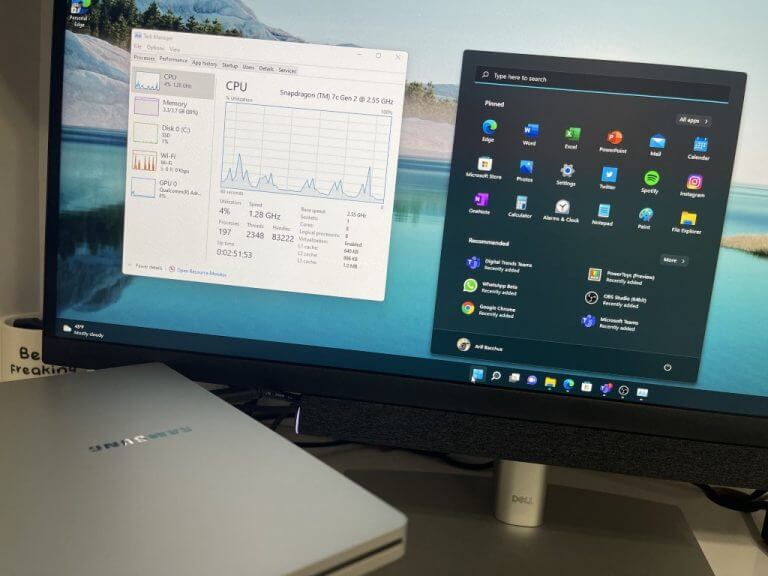In a continuous effort to innovate and accelerate development for Windows on Arm, Microsoft has recently made significant strides to enhance the developer experience and expand the app ecosystem. With the introduction of various tools and partnerships, the company aims to facilitate the seamless integration of Arm support into third-party applications, middleware, and open-source software. This move is set to unlock new possibilities and empower developers to create compelling experiences on the Arm architecture.
Microsoft has launched Arm native versions of two essential developer tools: Visual Studio and .NET. These tools have been optimized to maximize performance on Arm devices, enabling developers to accelerate their workflows and streamline the creation of Arm-compatible applications.
The latest iteration of Visual Studio, version 17.6, introduces support for MAUI (Multi-platform App UI) on Arm, allowing developers to create cross-platform applications with ease. Furthermore, Visual Studio 17.71 Preview 1 now offers Linux development support with C++, opening up new opportunities for developers to build applications targeting the Linux ecosystem.
To bolster the Arm development ecosystem, Microsoft has also collaborated with key partners and made significant contributions to popular middleware projects. LLVM v12.0 and onwards provides cross-compilation and native compilation options for Arm, enabling developers to optimize their code for Arm-based architectures. Node 20.0.0, which was made available in April, comes with native Arm support, empowering developers to leverage the full potential of Node.js on Arm devices.
The availability of WiX installer v4.0 further extends the Arm support landscape by allowing developers to create native installers specifically tailored for Arm-based systems. This simplifies the deployment process for Arm-compatible applications, enhancing the overall user experience.
In the past 12 months, several middleware projects have also released Arm64 native versions, showcasing the growing recognition of Arm’s value among developers. Notable releases include Qt 6.2, CMake 3.24, Bazel 5.1, OpenSSL 3.0, OpenBLAS 0.3.21, and Python 3.11. These updates enable developers to harness the power of these middleware solutions while maintaining seamless compatibility with the Arm architecture.
Moreover, the Unity Player, a popular game engine, has now become generally available for Windows on Arm natively. This means game developers can effortlessly target Arm devices, providing native performance and optimized experiences for their users across current and future titles.
Excitingly, Microsoft plans to introduce additional solutions in the near future, further enriching the Arm64 ecosystem. Among the upcoming offerings are GNU GCC, Flutter & Dart, PyTorch, and GIMP. These additions will empower developers to explore new possibilities, build advanced applications, and harness the unique capabilities of the Arm architecture.
While Microsoft continues to invest in the Arm platform, it’s worth noting that numerous independent developers have also recognized the value of Arm native support. As a result, they have released Arm64 native versions of their applications, ensuring that their customers receive the best possible experience on Arm-based devices.


